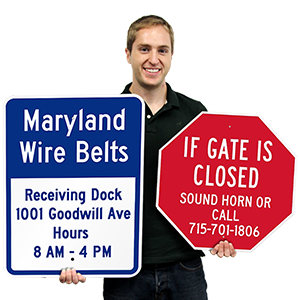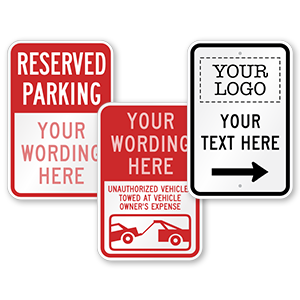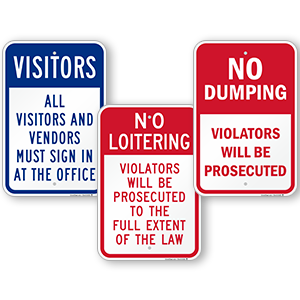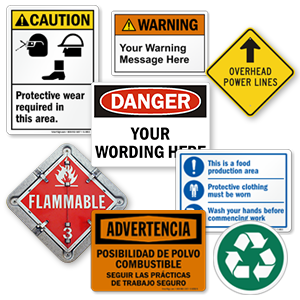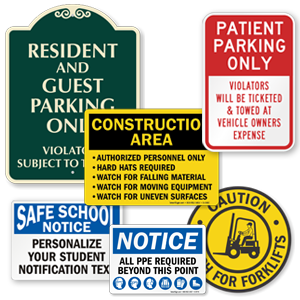Can you sue if you get hit by a foul ball?
Foul balls in baseball, car crashes in NASCAR, rogue pucks in hockey: what do they all have in common? They’re all hazards to spectators at sporting events. For most businesses, known, dangerous conditions are the business’ responsibility. But that’s not the case with sporting events, in general. This rule comes from baseball.
At the turn of the 20th century, baseball was the most popular sport in America, along with horse racing and boxing. The country was baseball-mad, with stars like Ty Cobb, Honus Wagner and Babe Ruth being household names. Back then, the courts were much more business-friendly than they are now, and it was established that spectators at sporting events would be assuming the risk of injury by attending a sporting event. Or, in other words, if you got hit by a ball at a game, you took your chances by attending a game.

The rule is so common that it’s very rare for suits to be successful when someone gets hit, even under the highest-profile circumstances. (In the modern era, not all states have kept the rule, but they’re in the minority.) In 2015, when a woman named Tonya Carpenter suffered life-threatening injuries after being hit by a baseball bat at a Boston Red Sox game, legal opinion generally agreed that the Red Sox would not be liable.
The principle applies to most sporting events, except in specific cases where there was some other breach of duty or hidden hazard that the venue failed to warn you about. The risk of being hit by a baseball at a game, which is intrinsic to the game of baseball, is very different from the risk of, for instance, a piece of structural concrete falling on a customer’s head, or poor lighting causing a slip-and-fall accident.
But it doesn’t mean that the signage can’t help! SmartSign sells signs to remind your employees and customers that they must be aware of fast-moving objects that may injure them or damage their property.


